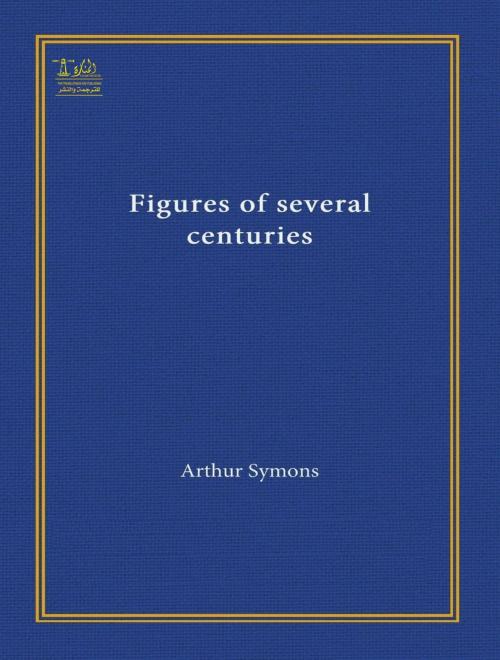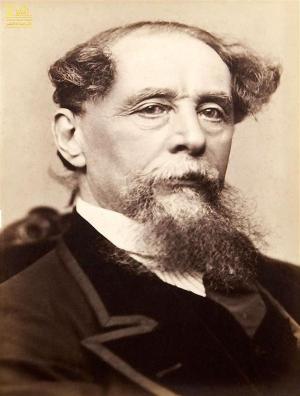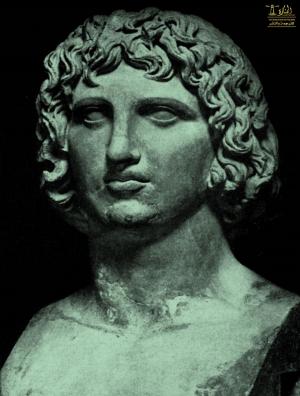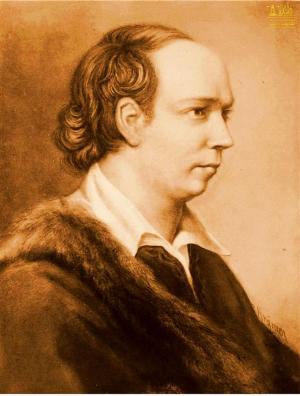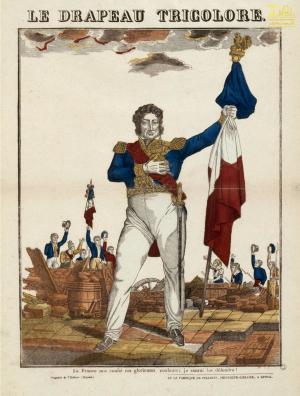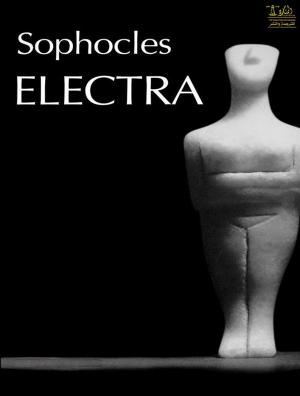| Author: | Luka Reid, Arthur Symons | ISBN: | 9783593302096 |
| Publisher: | Lighthouse Books for Translation Publishing | Publication: | March 12, 2019 |
| Imprint: | Lighthouse Books for Translation and Publishing | Language: | English |
| Author: | Luka Reid, Arthur Symons |
| ISBN: | 9783593302096 |
| Publisher: | Lighthouse Books for Translation Publishing |
| Publication: | March 12, 2019 |
| Imprint: | Lighthouse Books for Translation and Publishing |
| Language: | English |
The Confessions of St. Augustine are the first autobiography, and they have this to distinguish them from all other autobiographies, that they are addressed directly to God. Rousseau's unburdening of himself is the last, most effectual manifestation of that nervous, defiant consciousness of other people which haunted him all his life. He felt that all the men and women whom he passed on his way through the world were at watch upon him, and mostly with no very favourable intentions. The exasperation of all those eyes fixed upon him, the absorbing, the protesting self-consciousness which they called forth in him, drove him, in spite of himself, to set about explaining himself to other people, to the world in general. His anxiety to explain, not to justify, himself was after all a kind of cowardice before his own conscience. He felt the silent voices within him too acutely to keep silence. Cellini wrote his autobiography because he heard within him such trumpeting voices of praise, exultation, and the supreme satisfaction of a violent man who has conceived himself to be always in the right, that it shocked him to think of going down into his grave without having made the whole world hear those voices. He hurls at you this book of his own deeds that it may smite you into acquiescent admiration. Casanova, at the end of a long life in which he had tasted all the forbidden fruits of the earth, with a simplicity of pleasure in which the sense of their being forbidden was only the least of their abounding flavours, looked back upon his past self with a slightly pathetic admiration, and set himself to go all over those successful adventures, in love and in other arts, firstly, in order that he might be amused by recalling them, and then because he thought the record would do him credit. He neither intrudes himself as a model, nor acknowledges that he was very often in the wrong.
The Confessions of St. Augustine are the first autobiography, and they have this to distinguish them from all other autobiographies, that they are addressed directly to God. Rousseau's unburdening of himself is the last, most effectual manifestation of that nervous, defiant consciousness of other people which haunted him all his life. He felt that all the men and women whom he passed on his way through the world were at watch upon him, and mostly with no very favourable intentions. The exasperation of all those eyes fixed upon him, the absorbing, the protesting self-consciousness which they called forth in him, drove him, in spite of himself, to set about explaining himself to other people, to the world in general. His anxiety to explain, not to justify, himself was after all a kind of cowardice before his own conscience. He felt the silent voices within him too acutely to keep silence. Cellini wrote his autobiography because he heard within him such trumpeting voices of praise, exultation, and the supreme satisfaction of a violent man who has conceived himself to be always in the right, that it shocked him to think of going down into his grave without having made the whole world hear those voices. He hurls at you this book of his own deeds that it may smite you into acquiescent admiration. Casanova, at the end of a long life in which he had tasted all the forbidden fruits of the earth, with a simplicity of pleasure in which the sense of their being forbidden was only the least of their abounding flavours, looked back upon his past self with a slightly pathetic admiration, and set himself to go all over those successful adventures, in love and in other arts, firstly, in order that he might be amused by recalling them, and then because he thought the record would do him credit. He neither intrudes himself as a model, nor acknowledges that he was very often in the wrong.
